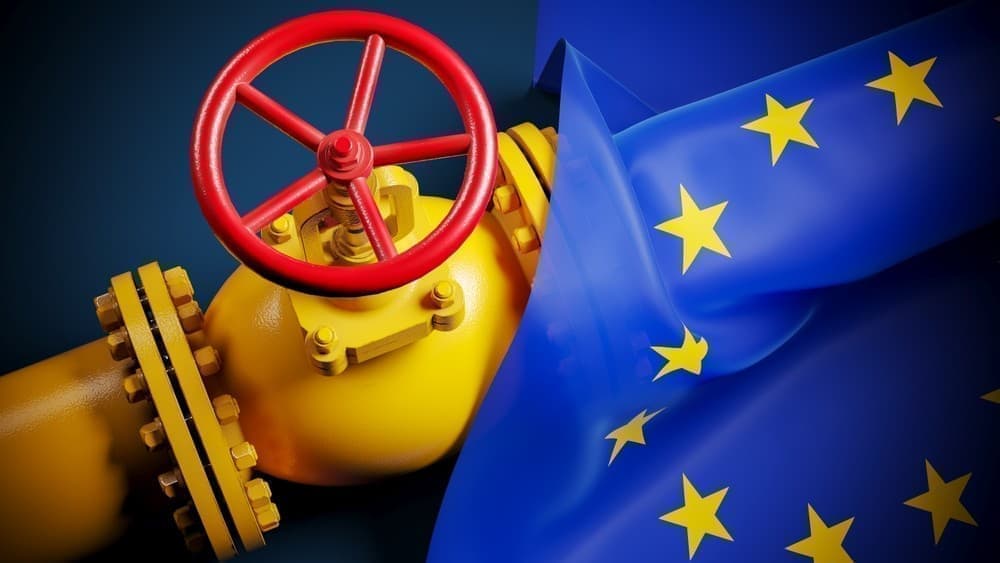The leaders of the European Union once again failed to reach an agreement on a cap on gas prices, ending the latest round of discussions in the small hours of Friday with a decision to keep exploring options, Reuters has reported.

The idea of a price cap on gas imports was floated earlier this year and supported by 15 EU members, including Italy, Spain, and Eastern European countries. Others, however, are strongly opposing it, notably Germany and the Netherlands.
The concerns of those opposing the bill center on the possibility that a price cap will interfere with market signals and lead to higher consumption, which is the last thing the EU wants right now.
Last night, however, Germany’s Chancellor withdrew his government’s opposition to a cap, potentially opening the way to an agreement, the FT reported.
Hungary, meanwhile, has once again played the spoke in the wheels, saying Thursday it would not agree to a price cap on gas and will demand an exemption.
“It will simply not work. The outcome will be that we will have less gas in Europe, at a higher price, contradicting the original purpose,” a senior Hungarian government official told Reuters.
“For Hungary this is not acceptable because the Russians already said very clearly that if it happens they will not send any more gas to Hungary, which from an energy security perspective would be unacceptable to us,” Balazs Orban political director for Hungary’s PM also said.
EU officials have signaled they were happy with how the discussion ended but they have also admitted the real work was ahead: hammering out the details of any measures to tackle excessive gas prices will take time and a lot more effort, their statements suggest.
The challenge would be to respond to different demands made by different EU members, including Germany, whose support of the caps is far from unconditional. As Chancellor Scholz put it, “There is still a lot of concrete work to do there.”
By Irina Slav for Oilprice.com


